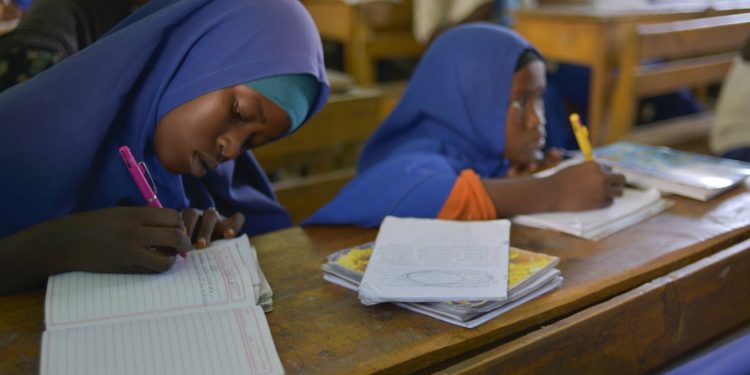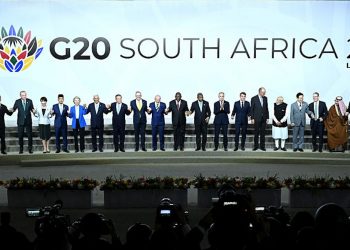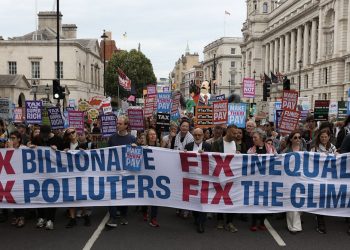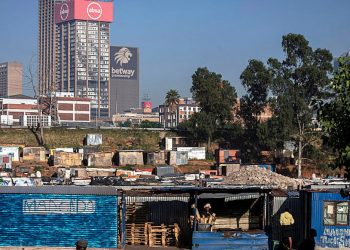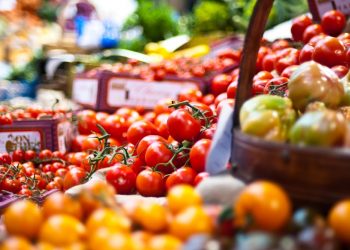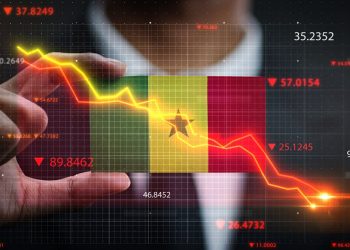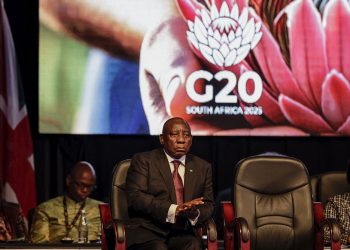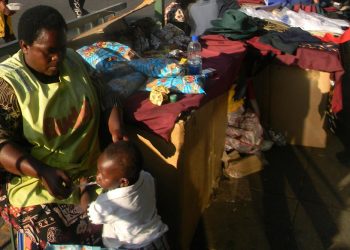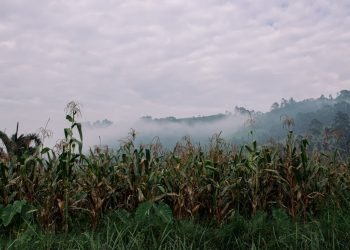Somalia ranks among the lowest scoring countries in the United Nations Human Development Index. The index of 195 countries is a summary measure of average achievement in key dimensions of human development: a long and healthy life, years of schooling, and access to a decent standard of living. Ali A. Abdi, a scholar of social development education, examines Somalia’s failure to advance social development programmes.
What is socio-economic development and how does Somalia stack up?
Somalia is celebrating its 65th year of independence. This was marked officially on 1 July 2025.
Despite the pomp and circumstance, though, the country’s social development indicators are dismal.
Social development generally means visible improvements in the quality of life. People’s well-being is based on aspects of national progress like:
-
universally available good quality education and adequate healthcare
-
employment opportunities that generate liveable incomes and upward socioeconomic mobility
-
governance structures that protect people’s rights to security.
Somalia has failed to meet these human development targets.
Its low score in the UN index can be understood by looking at the statistics relating to education and health. In any society these act as foundational blocks for social development. But in Somalia:
-
children can expect to get an average of 1.72 years of education (the continental African average is 7.7 years)
-
there are 0.23 doctors per 10,000 people, and many doctors serve in fee-based private clinics which are out of reach for ordinary citizens in a country with US$600 GDP per capita income
-
the capital city, Mogadishu, with a population of 2.8 million, has only two fully public hospitals and they lack specialist services; patients who require specialist care must go to private hospitals
-
the youth unemployment rate is just below 70%.
With these social development liabilities, it’s no wonder that the country is the biggest per capita producer of both global refugees and internally displaced persons.
How did Somalia come to this?
The Somali state collapsed as a cohesive national entity in 1991. The military government that had been in power since 1969 was overthrown by armed opposition forces. The country slowly fragmented into quasi-self-governing regions. Transitional national governments have come and gone.
The current federal political structure came into being in August 2012. The Federal Republic of Somalia comprised five founding member states (there are now six).
The depressed social development situation is not the only obstacle facing Somalia. Other complexities include:
A governance system built on cronyism and political loyalty: Somalia’s national political leadership entrenched cronyism. In fairness, the same selectively applies to sub-national, federal member states leadership. This corrupt system has found traction in a country where professionals, young graduates and traditional leaders lack legitimate sources of income. This undermines good governance while creating discord within and among the federal government and federal member states.
Discord at national level and between national and sub-national leaders: The most recent example of this revolves around the national leadership’s 2024 attempt to change the interim constitution. The unilaterally proposed one-person-one-vote proposal runs counter to the 2012 framework through which the current federal system was created. This has fuelled yet another national controversy with less than a year to the next presidential election.
Externally constructed political and economic interventions: Somalia receives significant international aid to address political and developmental challenges. But the strings attached include the management of these funds by external entities. These donor priorities can be detached from immediate social development needs. And aid creates and sustains dependency and entrenches poverty.
What should the government prioritise and why?
The political class always says fighting terrorism is the top policy priority. This thinking, while viable for the current situation, ignores the potential to minimise terrorism by putting the basic needs of the public first, and especially the youth.
Somali leaders are duty-bound to shift focus. A good place to start is the basis of social development: security, education and healthcare. It falls upon them to marshal the country’s resources and capacities to improve the well-being of its citizens.
The national leadership also needs to restructure its relationship with federal member states. Distribution of development resources (including foreign aid) must be fair, not based on political alliances.
Somalia also needs to reform the government’s policy on public appointments. People must get jobs based on their educational background, professional experience, incorruptible character and institutional accountability.
The country has impressive natural resources. There’s huge untapped potential for fisheries and agriculture, which is the country’s economic backbone. The country also has untapped minerals and hydrocarbons wealth.
The above observations are not to say that the federal government should lose sight of the fight against the terrorist organisations. But the welfare of people, including job creation for young people, must be equally prioritised. That will surely advance much needed social development while also reducing the appeal of terrorism among the youth.
Ali A. Abdi does not work for, consult, own shares in or receive funding from any company or organisation that would benefit from this article, and has disclosed no relevant affiliations beyond their academic appointment.

